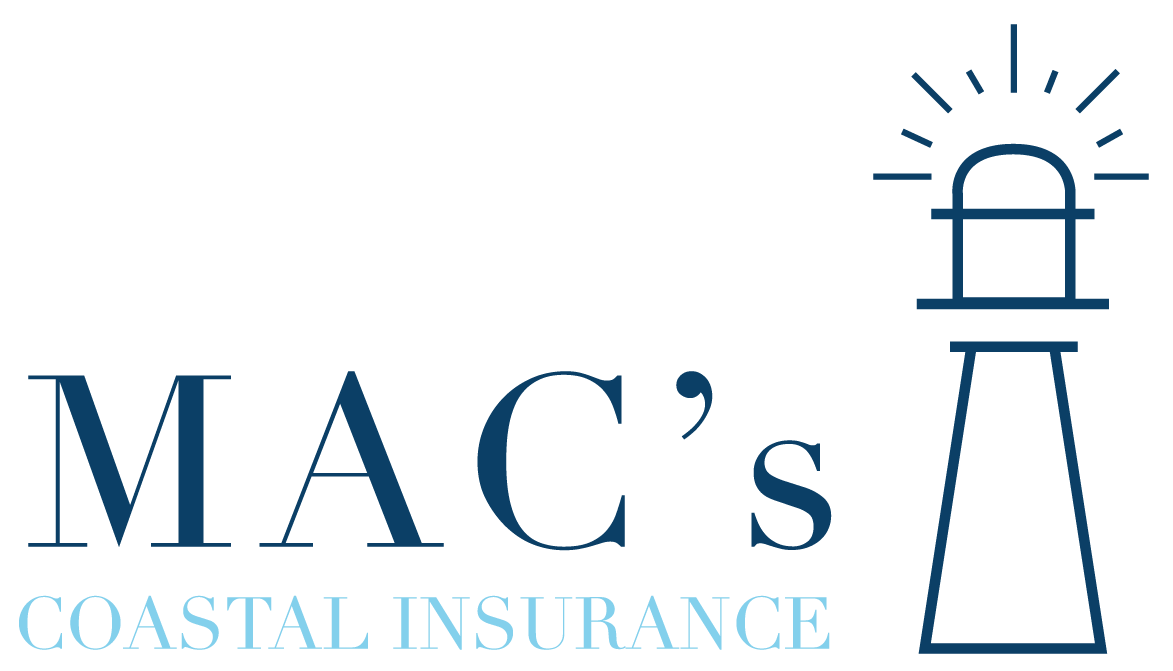Liability insurance is a type of insurance coverage that provides protection against financial loss resulting from legal claims or lawsuits. It is designed to cover the policyholder’s legal obligations when they are found responsible for causing injury or property damage to others. Liability insurance can be crucial for individuals, businesses, and professionals to mitigate the financial impact of legal claims and lawsuits.
There are several types of liability insurance, each tailored to address specific needs and potential risks. Some common types of liability insurance include:
- General Liability Insurance:
• Protects businesses and individuals from claims related to bodily injury, property damage, and personal injury (such as defamation or invasion of privacy). It is broad coverage that addresses various liability risks.
2. Professional Liability Insurance (Errors and Omissions Insurance):
• Designed for professionals who provide services or advice. It covers claims related to errors, omissions, or negligence in the performance of professional duties. Professions such as doctors, lawyers, architects, and consultants often carry professional liability insurance.
3. Product Liability Insurance:
• Provides coverage for businesses that manufacture, distribute, or sell products. It protects against claims arising from injuries or damage caused by a defective or unsafe product.
4. Employment Practices Liability Insurance (EPLI):
• Covers claims related to employment practices, such as wrongful termination, discrimination, harassment, or other workplace-related issues. It is important for businesses with employees to protect against legal challenges from current or former employees.
5. Directors and Officers (D&O) Liability Insurance:
• Protects the personal assets of directors and officers of a company in the event they are sued for alleged wrongful acts in managing the company. It is often used to attract and retain qualified individuals to serve on a company’s board.
6. Cyber Liability Insurance:
• Addresses the financial consequences of a data breach or cyberattack. It covers the costs associated with notifying affected parties, legal expenses, and potential liabilities arising from the breach.
- Umbrella Liability Insurance:
• Provides additional coverage beyond the limits of other liability policies. It acts as an extra layer of protection, especially when the potential damage exceeds the primary policy limits.
Liability insurance typically covers legal defense costs, settlements, and judgments, up to the policy limits. The specific coverage and limits depend on the type of liability insurance and the terms outlined in the policy. It is important for individuals and businesses to carefully review their liability insurance policies, understand the coverage provided, and ensure that it meets their specific needs and potential risks.
